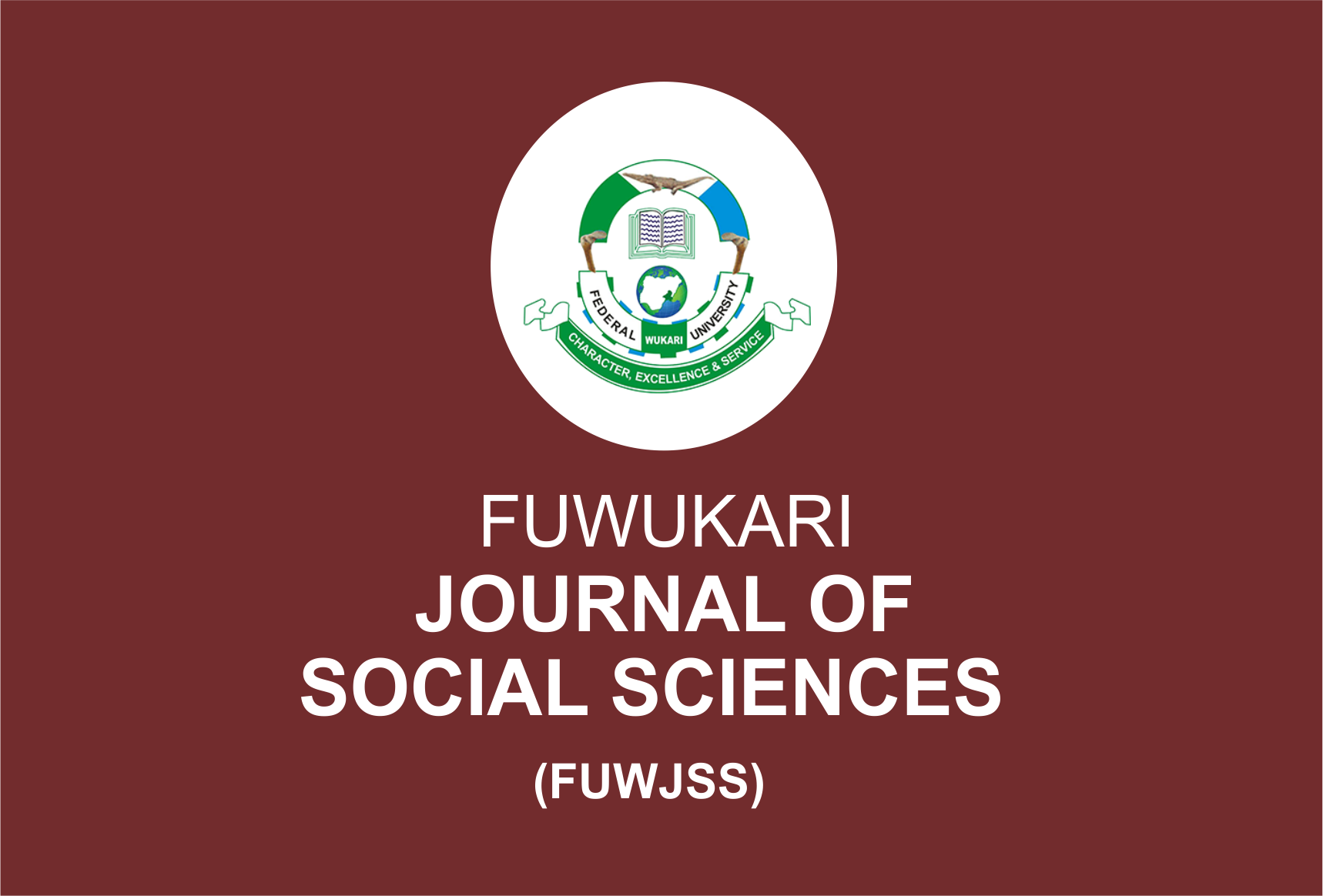An Appraisal of N-power Programme and Poverty Reduction in Nigeria
Danjuma Mohammed, Efuna John Danladi, Nweke Sunday
Keywords: Skills, Beneficiary, N-Power, Poverty, Poverty reduction, Unemployment
Abstract
Despite several efforts at reducing poverty in Nigeria, reports indicate that about 90.8 million Nigerians, representing 46.4% of its estimated 195.6 million people are living in extreme poverty, making Nigeria a country with the highest number of life-threatening poor people in the world. In attempts to correct this narrative, the National Social Investments Programme (N-SIP) was launched by the Nigerian Federal Government as a strategy for combating poverty and unemployment in the country. The N- SIP programme consists of four components which involve: Job Creation and Youth Empowerment (N- Power); National Home Grown School Feeding Programme (NHGSFP); National Cash Transfer Programme (NCTP); and Government Enterprise and Empowerment Programme (GEEP). In an attempt to appraise the performance of N-Power and how this programme has achieved poverty reduction in Nigeria, this paper reviewed secondary sources of data focused at expounding personal, interpersonal and environmental resources made available by N-Power to Nigerians which empower and motivate Nigerian youth to perform valid social roles and activities aimed at improving their living conditions. Analyses in the paper hinge on the Empowerment Theory. Major findings established that uncertainties in policy direction of the Nigerian Federal Government negatively impact on the efficiency of the N-Power’s participants and volunteers, as they believe that their job with the government is not secured. The paper recommends that N-Power participants and volunteers should be carried along in the formulation and implementation of policies, programmes and projects aimed at reducing poverty through the provision of skills acquisition training for unemployed Nigerian youths.
Author Biography
Danjuma Mohammed
Department of Political Science,
Nasarawa State University, Keffi.
E-mail: [email protected]
Efuna John Danladi
Department of Political Science,
Nasarawa State University, Keffi.
E-mail: [email protected]
Nweke Sunday
Department of Political Science,
Nasarawa State University, Keffi.
E-mail: [email protected]

